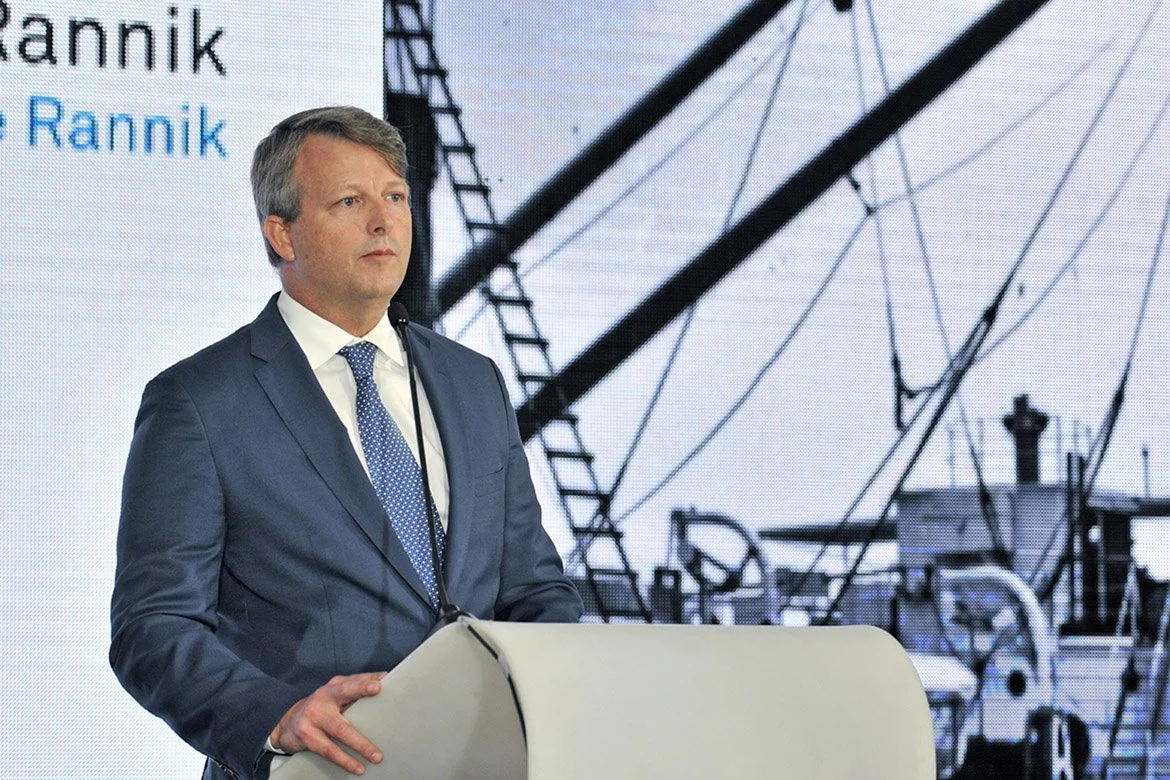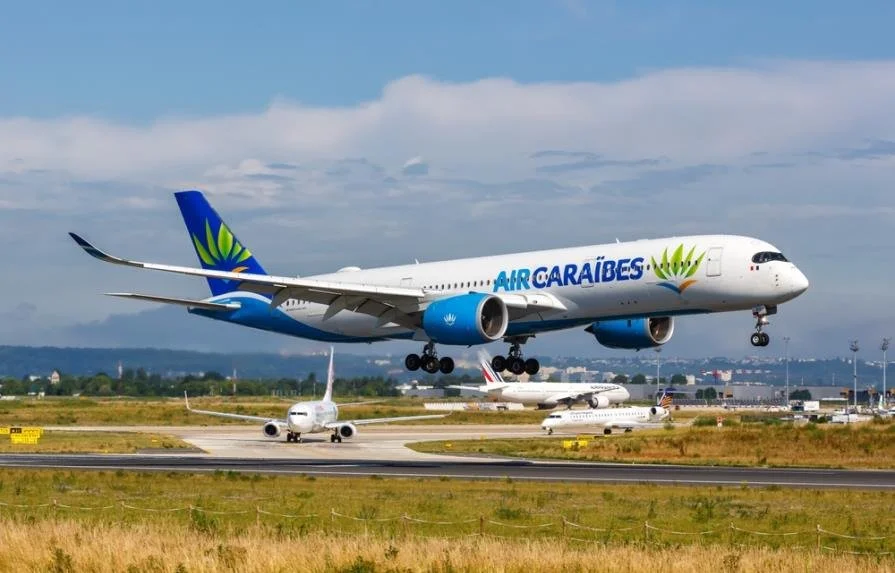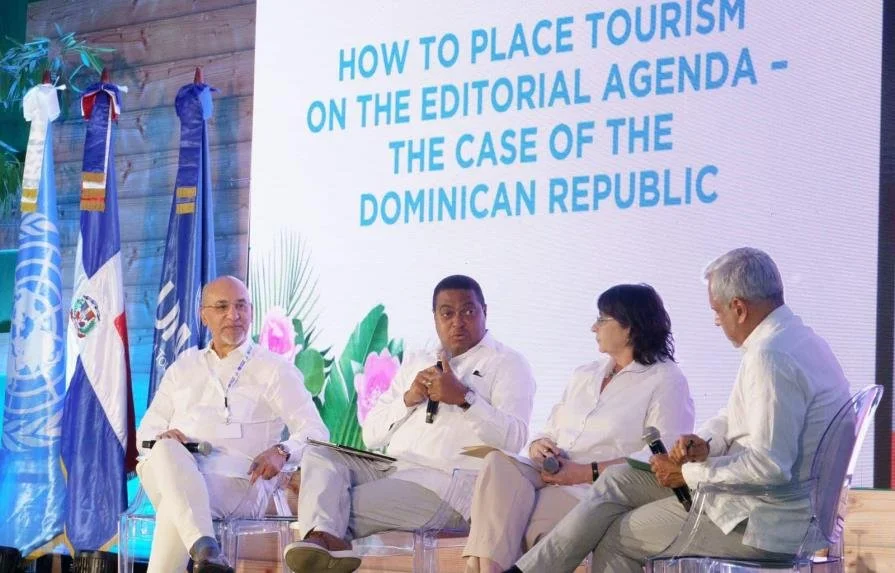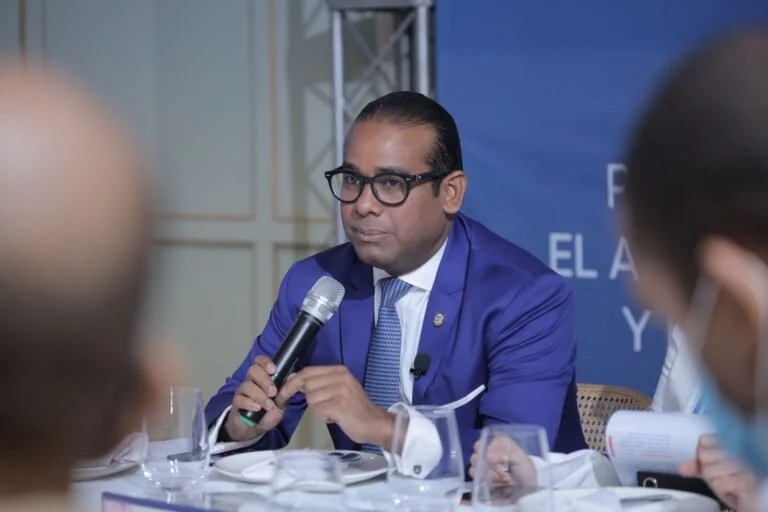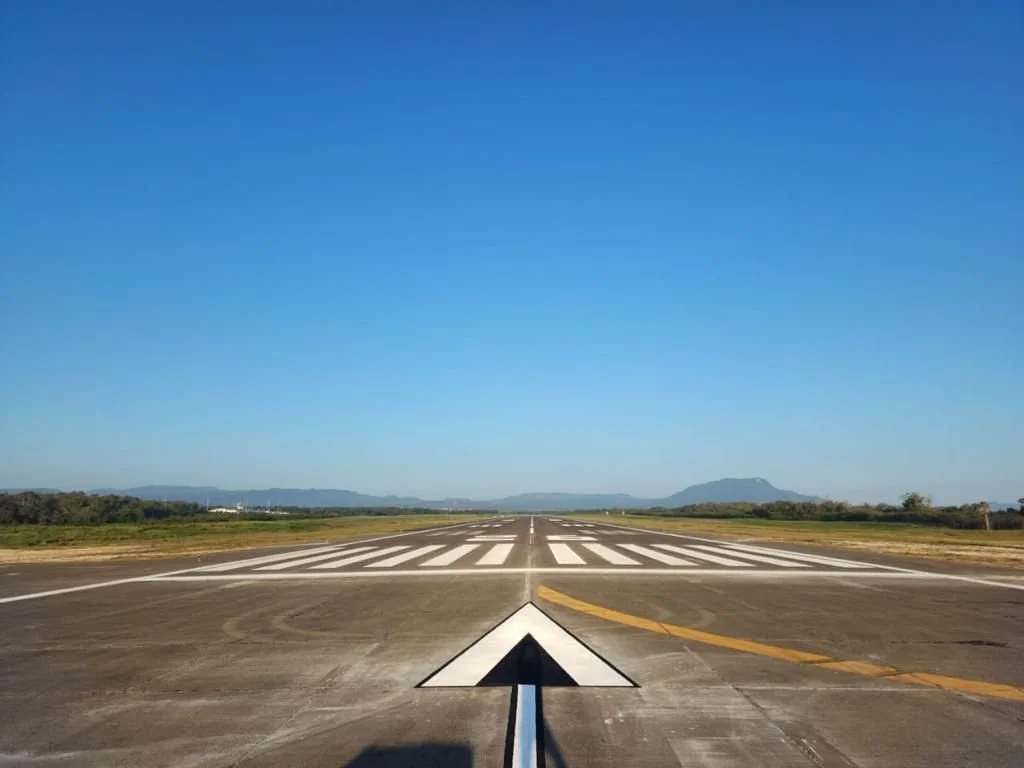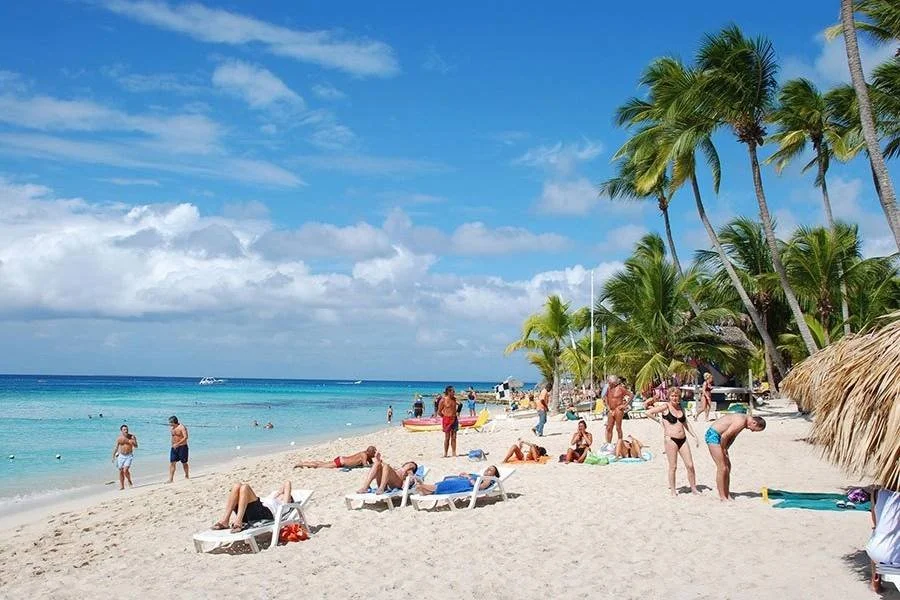The General Directorate of Public-Private Partnerships (DGAPP) announced the start of the competitive process for the construction of the Amber Highway and for the operation and maintenance of the North Ring Road.
The modern highway, which will connect Santiago and Puerto Plata in less than 30 minutes, and the new financial model includes, in a single circuit, the Amber Highway with the North Ring Road and the Punta Bergantín tourist real estate development project.
The details were presented by the Minister of the Presidency, Joel Santos; the Administrative Minister of the Presidency, José Ignacio Paliza; the Minister of Public Works and Communications, Deligne Ascención; the executive director of RD Vial, Jean Luis Rodriguez; and the executive director of the DGAPP, Sigmund Freund,
The executive director of RD Vial, Jean Luis Rodriguez, emphasized that, as a public trust created to ensure the proper functioning of the Dominican Republic’s road network, the entity focuses on improving interconnectivity, and gave as an example, the construction of this Amber highway, which he said is part of the Government’s effort to offer modern and sustainable road solutions that facilitate safe transit for both cargo and passengers.
He pointed out that the alliance with the private sector will facilitate the financing for the construction of the highway and will ensure its operation and maintenance. However, he indicated that the collection of tolls for both the Ámbar and the Circunvalación Norte will continue to be the responsibility of the RD Vial trust.
Meanwhile, the Minister of Public Works said that the new highway will be 32 kilometers long, starting at the Circunvalación de Santiago and ending in the municipality of Montellano, Puerto Plata. It will have four lanes, two in each direction, two tunnels, and a modern standard road design (comparable to the Autovía del Coral and Circunvalación Santo Domingo).
Deligne Ascención emphasized that the Ámbar will transform the quality of land transportation in the northern region, giving the population the opportunity to travel on a highway with high safety and the productive sectors to circulate on a road with greater traffic and cargo volume capacity.
Sigmund Freund, executive director of the DGAPP, pointed out that the announcement opens the process for national and international companies to present their expressions of interest and credentials in order to be qualified to participate in the awarding process of the project, which has an estimated investment of US$400 million.
He explained that, as promised by President Abinader, they have managed to structure a financial model that avoids the Government assuming a shadow toll, integrating a value proposal that links the construction of the Amber Highway, the Santiago Bypass, and the Punta Bergantín real estate development project in Puerto Plata.
The official called on national construction companies that are committed to continue promoting the development and growth of the country, to participate in this bidding process with the guarantee of a competitive and transparent process.
“For us it is fundamental that Dominican construction companies, which have shown their capabilities for this type of project, participate in this process, which we assure will be a model of public-private partnership that will erase the bad experiences of the past, when we did not yet have Law 47-20, a regulation that is a guarantee of an efficient distribution of risks and an adequate retribution of benefits,” he said.
He emphasized that the construction of the Ámbar is supported by the business sector, both in Santiago and Puerto Plata, because with the operation of this road, a greater economic dynamism will be achieved in the northern region.
He also informed that in the coming weeks a “Roadshow” will be held in the country and internationally to present the project to potential investors and encourage them to participate in this competitive process and that it is expected that by the first quarter of 2024, the work will be awarded.
Call for bids
As required by Law 47-20, on public-private alliances, through paid publications in the media, the DGAPP called “all legal entities, national or foreign, to express interest in order to be eligible to participate in the Selection Process of Awardee Number CNAPP-PSA-2023-0001, regarding the Public-Private Alliance Contract for the Design, Construction, Financing, Operation and Maintenance of the Amber Highway and for the Operation and Maintenance of the North Circunvalación Highway of Santiago”.
The construction of the Amber Highway is a road infrastructure project that will energize the entire northern region of the country, not only promoting the development of tourism but also trade and the transportation of goods.


